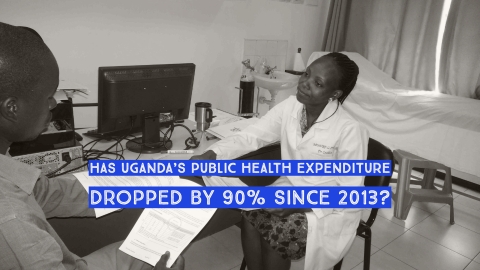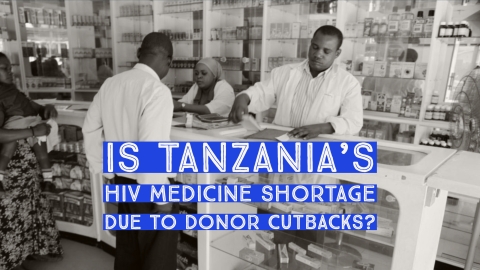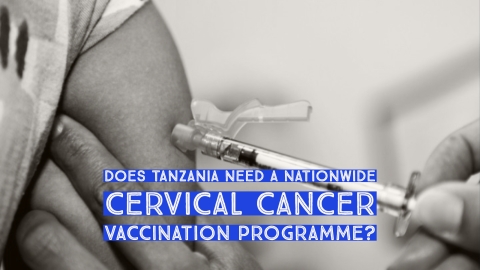
Late last year, the PesaCheck fact-checking initiative helped debunk a fake story about the outbreak of the human papilloma (HPV) virus in the western Kenya county of Kisii. According to the claim, the disease was spread through kissing and killed faster than the AIDS virus. The hoax originated on Whatsapp, spread on Facebook and then was picked up by a local radio station, Ghetto Radio.
Through a partnership with Facebook designed to check the spread of misinformation on social media, PesaCheck was able to flag the post as false. Facebook ranked it significantly lower in its News Feed as a result, a practice that cuts future views by more than 80 percent on average, according to a company official. Facebook also linked the original post to the PesaCheck article explaining that HPV is transmitted through sexual contact only, not kissing.
Health misinformation is a growing problem in East Africa as social media expands the spread of hoaxes and other false information that can put lives at risk. Fact-checking initiatives such as PesaCheck aim to combat the problem.

A project of Code for Africa, a key partner of the International Center for Journalists (ICFJ), PesaCheck operates in Kenya, Tanzania and Uganda. The initiative - cofounded by ICFJ Knight Fellows Catherine Gicheru and Justin Arenstein - mainly checks the veracity of statements about public finances and service delivery, including claims made by government officials on social media or in the press.
Additionally, PesaCheck has started to get to the truth behind a number of health assertions as well:
- It debunked false rumors in January about Ebola and Tilapia Lake Virus outbreaks in Kenya. A story published by an online news platform and shared on Facebook claimed that two cases of Ebola had been reported in Nairobi. PesaCheck found that neither Kenyan health officials nor the World Health Organization had recorded any such cases.
- In Uganda, PesaCheck refuted a claim that government spending on health had dropped 90 percent over a five-year period. The claim was made in a newspaper editorial that called government spending on healthcare a joke and blamed it for high mortality rates in public hospitals. PesaCheck’s review of Uganda’s National Health Accounts (NHA) found that per capita expenditure on healthcare had actually increased over that time.
- In Tanzania, when a health official blamed a shortage of HIV drugs in public hospitals to the withdrawal of donor funding, PesaCheck found the accusation to be partially true. PesaCheck found that while the withdrawal by donors had adversely affected the supply of medication, other factors such as poor supply chain management heavily contributed to the shortage as well.
How does PesaCheck spread the truth? In addition to its collaboration with Facebook, PesaCheck says that local news outlets often pick up its fact-checked stories, including the Star in Kenya, Clouds Media and Fikra Pevu in Tanzania, and international news aggregation site Global Voices. PesaCheck articles are also shared on social media, with more than 70,000 shares on Facebook and Twitter.

In recent months, PesaCheck has expanded its fact checking to include claims made on WhatsApp, the encrypted messaging platform owned by Facebook. It invites members of the public to share such claims for verification on the PesaCheck WhatsApp number.
PesaCheck Managing Editor Eric Mugendi says the fact-checking service focuses on issues that affect the well-being of citizens. “PesaCheck verifies claims made by public figures on allocation of public resources around health and other sustainable development goals,” Mugendi said. “This helps hold governments accountable and ensure citizens have accurate information for their decision making.”
“Our fact checks also help the public understand the rationale behind certain health policies or actions by government,” he added. For example, when Tanzania introduced a cervical cancer (HPV) vaccination program, PesaCheck fact checked the health minister’s claim that cervical cancer accounted for one-third of all cancer deaths in the country.
“We found the health minister’s claim to be true,” Mugendi said, “and hopefully in this case, helped citizens better understand the rationale behind the vaccine program.”